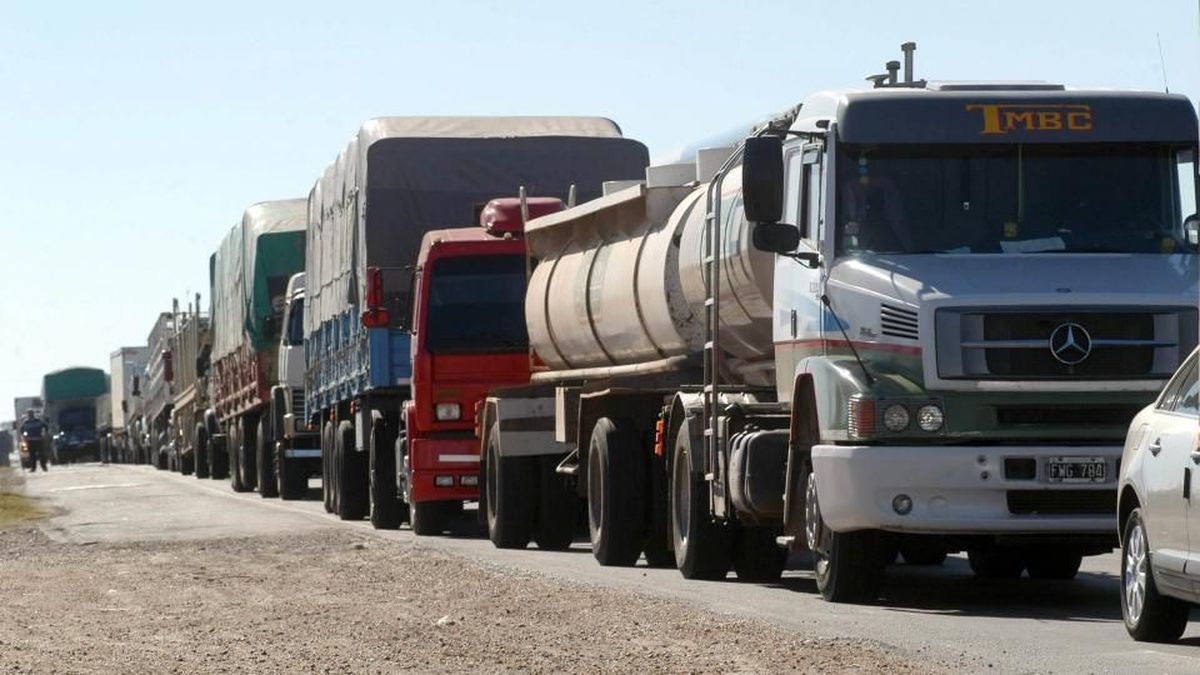The projections indicate that in February the ICT will have a more pronounced rise -with a 8% floor– from the entry into force of the second installment of the current collective agreementand one projection of increase in diesel around 4.5%as part of the price agreements between the National State and the oil companies.
He reportwhich is produced by the Department of Economic Studies and Costs of FADEEAC from primary data and a cost structure obtained independentlyand audited in its statistical methodology by the Finance Research Center of the Di Tella University, measures 11 items that directly impact the costs of cargo transportation companies throughout the country, and is a reference to a large extent for setting or adjusting rates in the sector.
In January, most of the items showed increases. stand out patents (72.6%, which is measured annually), Rolling material (15.2%) and Repairs (12.7%). In the case of Fuel -within the range established in the Fair Prices program-, the increase was 4.95%, and in Lubricants, 4.5%. tires 3.82% became more expensive, while the items related to transportation equipment, Rolling Stock and Repairs, pulled again on the General Index, as had been the case in previous months.
Regarding the item Staff (2.68%) in January the annual apportionment of the Extraordinary Non-Remunerative Assignment signed in October 2022and Repairs and General Expenses showed an increase of 3.99%. While financial cost suffered an increase of 5.45%, Insurance and Toll They had no changes compared to December 2022.
FADEEAC.jpeg
sustained increase
With the 5.55% of increase January and the projected increases for Fuel and Personnel in it first trimester of the year, freight transportation costs continue to sustained increasing trend.
In the midst of the highest world inflation in 40 years and the domestic inflation record since 2002 (94.8%), freight transportation costs exceeded retail inflation by several points during 2022the year in which both indicators recorded raise record.
The sector operations was particularly affected by the important increases in dieselthe tires and in the items related to the equipmentin general terms.
In the case of fuel -the main input in the cost structure of the activity- is impacted by the complex situation of the oil market worldwide. In this sense, as in most Western economies, the very high prices of energy and food commodities that linked the end of the pandemic with the war in Ukraine, pushed the international barrel from US$80 to US$120.
The last week of January the Brent it traded between US$80 and US$85, a value that implies greater relaxation in international markets.
Source: Ambito




